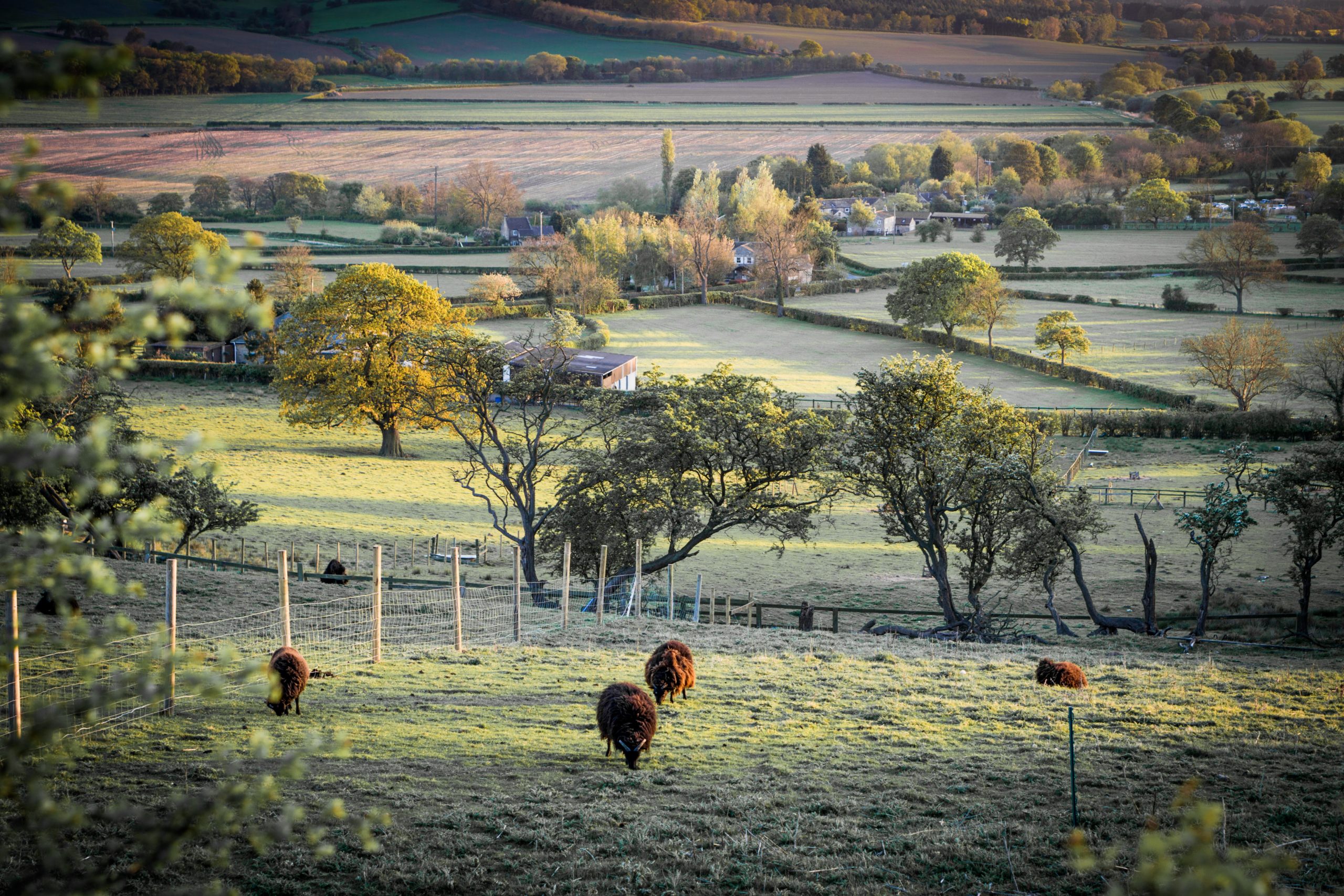The Conservation Trust highlights the positive implications of farming on UK biodiversity
The Game & Wildlife Conservation Trust is urging policymakers to ensure working conservationists are at the core of conservation and green plans in the UK.
A new platform called Working for Wildlife developed by the Game & Wildlife Conservation Trust (GWCT) refers to farmers and land managers as working conservationists. The GWCT believes this group has made a long term commitment to land management for the benefit of the surrounding wildlife. The new group is also asking supporters to sign a pledge towards delivering a more positive approach to conservation, empowering the people working on the land and encouraging the views of local communities.
Since its founding days, the Game and Wildlife Conservation Trust has been a strong advocate of the term “Working Conservation”. Their research has focused on discovering practical solutions in reversing the decline of biodiversity on farmlands. It quickly realised that this process ultimately depended on implementing measures that fitted into standard farming practices.
Dr Roger Draycott, representative advisor for farmers and land manager at GWCT, explains that we often tend to think of wildlife existing on nature reserves but, in reality, a large proportion of our wildlife exists on farmland, moorland and woodlands. Growing demands for food production have had a considerable impact on wildlife, but, there are positive examples of wildlife recovery in the UK due to the work of farmers and land managers. Dr Draycott says projects like these quite often receive little attention and so the Working for Wildlife website intends to highlight the work and expand on the efforts of working conservationists.
At present, the website consists of over twenty profiles of working conservationists, including farmers who have restored significant areas of land to others planting and enhancing hedgerows to provide habitats for local wildlife. The positive action and passion of these people are critical to delivering a successful conservation plan on a local level. Teresa Dent, the CEO of GWCT believes this is essential in creating a national approach that reverses the decline of British wildlife. The GWCT explains that while UK wildlife and land management plans are under review, it is vital that all working conservationists are engaged and supported. The CEO emphasises that we must expand on our knowledge of their land, their skills, experience and expertise to ensure policies are effective and beneficial on a local level. The GWCT believes that without the insight and support of land managers and their associated communities, conservation efforts are unlikely to succeed.
Supportive measures for Farmers
The World Summit on Biodiversity commenced on the 30th September and is focusing on what measures can be implemented to eliminate the further decline of our wildlife. Studies from the Living Planet Index indicate that vertebrate populations have decreased significantly over the last 30 years.
In response to this decline, several reform proposals are now being considered. The concept of payments for environmental services (PES) where land managers or farmers are paid for the service they can provide to the environment has become one particular option within Europe.
Future policies are likely to focus on implementing ‘eco-schemes’ which similar to the PES intend to remunerate farmers that are active in environmental and sustainable practices. This could include implementing environmentally conscious production systems, such as organic farming or agroecology methods.
The Working for Wildlife platform highlights the importance of implementing localised plans. While national conservation strategies are critical, key decisions need introducing on a much smaller scale. Policymakers need to consider what rules are introduced and ensure they don’t impact the ability of landowners to manage local environments. Working for Wildlife intends to encourage other land managers to follow in the path of other pioneers and to collaborate with the extended network of working conservationists who share a commitment in creating a more positive approach towards conservation.
For the latest Agriculture Jobs, Animal Conservation Jobs, Environmental Protection Jobs, Land Management Jobs, Nature Conservation Jobs and Wildlife Conservation Jobs in the United Kingdom please visit – GreenJobs and ConservationJobs
For the latest Agriculture Jobs, Animal Conservation Jobs, Environmental Protection Jobs, Land Management Jobs, Nature Conservation Jobs and Wildlife Conservation Jobs in Ireland please visit – GreenJobs Ireland
LOOKING TO HIRE TALENTED CONSERVATION OR LAND MANAGEMENT PROFESSIONALS?
We Can Help You To Find The Right Candidate & Save You Money.
For more information please contact us at – info@greenjobs.co.uk – quoting the following promotional code – GREENFUTURE0210


